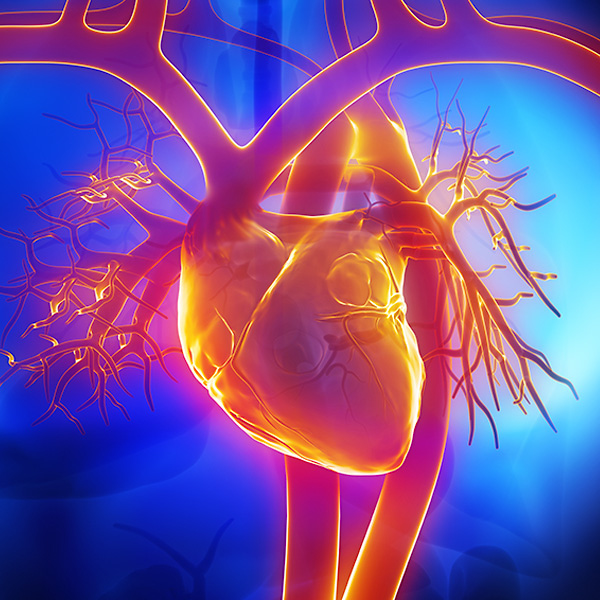Atrial Flutter
Overview and Facts about Atrial Flutter
Atrial flutter is a type of arrhythmia, a heart condition that affects your heart’s rhythm. The average resting heart rate is between 60 and 100 beats per minute; atrial flutter causes your heart’s upper chambers to beat too quickly, sometimes in excess of 250 beats per minute.
When your heart beats too rapidly, it might not pump enough blood throughout your body. If your organs do not receive enough oxygenated blood, it can eventually lead to organ failure.
Signs and Symptoms of Atrial Flutter
Symptoms of atrial flutter might include:
- Palpitations
- Fatigue
- Dizziness
- Faintness
- Shortness of breath
- Blurry vision
Severe cases of atrial flutter can also cause chest pain or fainting. People with atrial flutter could be at a higher risk of heart attack or stroke.
Causes and Risk Factors of Atrial Flutter
Doctors are not sure what causes atrial flutter, but it is linked to several other health conditions. Having one or more of the following conditions can increase your risk of developing atrial flutter:
- High blood pressure
- Obesity
- Diabetes
- Previous heart attack
- Previous heart surgery
- Congestive heart failure
- Thyroid disorders
- Chronic lung disease
Taking stimulants can also trigger symptoms of atrial flutter. Such stimulants might include coffee, diet pills, amphetamines or illegal drugs.
Tests and Diagnosis of Atrial Flutter
Doctors often diagnose atrial flutter with an electrocardiogram (ECG or EKG), which measures and records the electrical signals that control your heartbeat. An ECG can identify any abnormalities in your heartbeat and help your doctor recognize the signs of a heart attack or other cardiac emergency.
In some cases, an atrial flutter does not show up on an ECG. If this happens, your doctor may have you use a portable ECG device to record your heartbeat over several days or weeks.
An echocardiogram can also help diagnose atrial flutter. This test uses ultrasound technology to create images of your heart while in motion. Problems with your heart valves or ventricular function can be identified in this way. This test also allows your doctor to check your heart for blood clots.
Treatment and Care for Atrial Flutter
The goal of treatment for atrial flutter is to restore the heart to its natural rhythm and prevent complications. In most cases, a doctor prescribes beta blockers and calcium channel blockers to lower your heart rate or blood-thinners to prevent blood clots that could lead to a heart attack or stroke.
Not all patients with atrial flutter go on to have heart attacks or strokes. Appropriate treatment can reduce your risk of experiencing complications.

Request an Appointment
Loyola Medicine heart and vascular specialists have the experience and technology to treat the most difficult cardiac and vascular conditions. Schedule an appointment today.
Schedule a Telehealth Appointment
